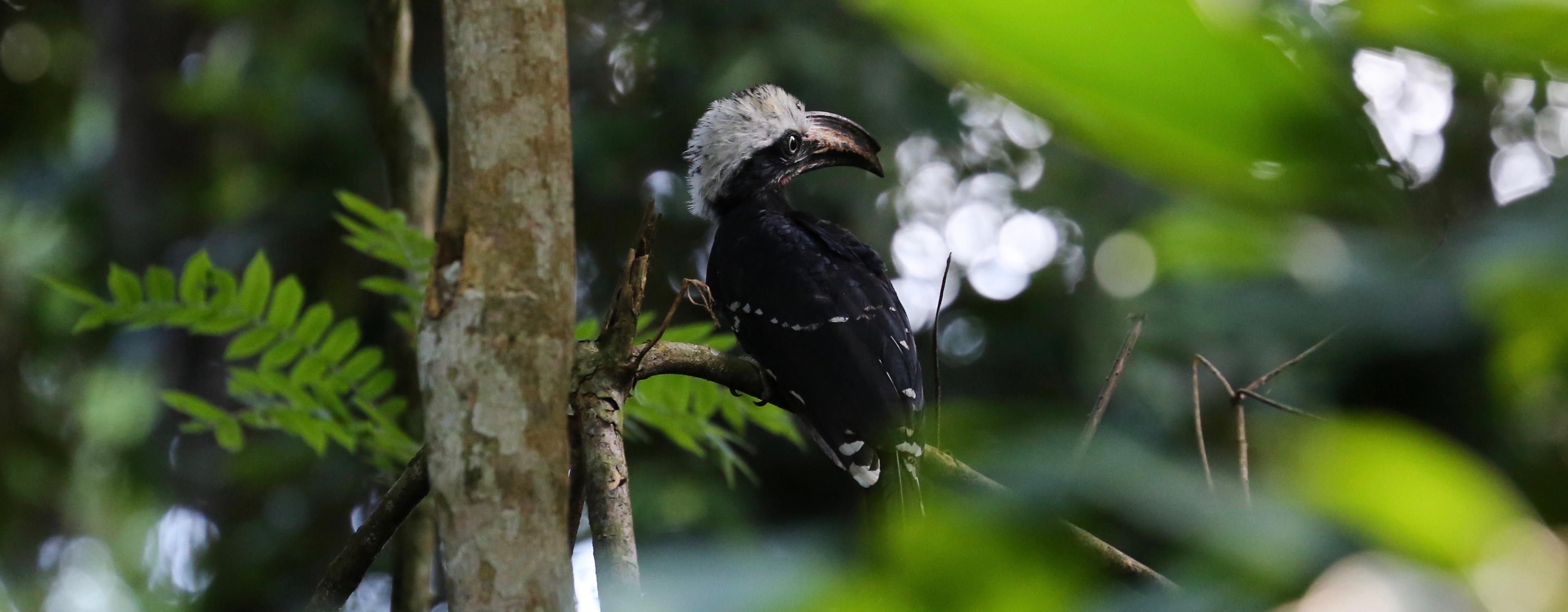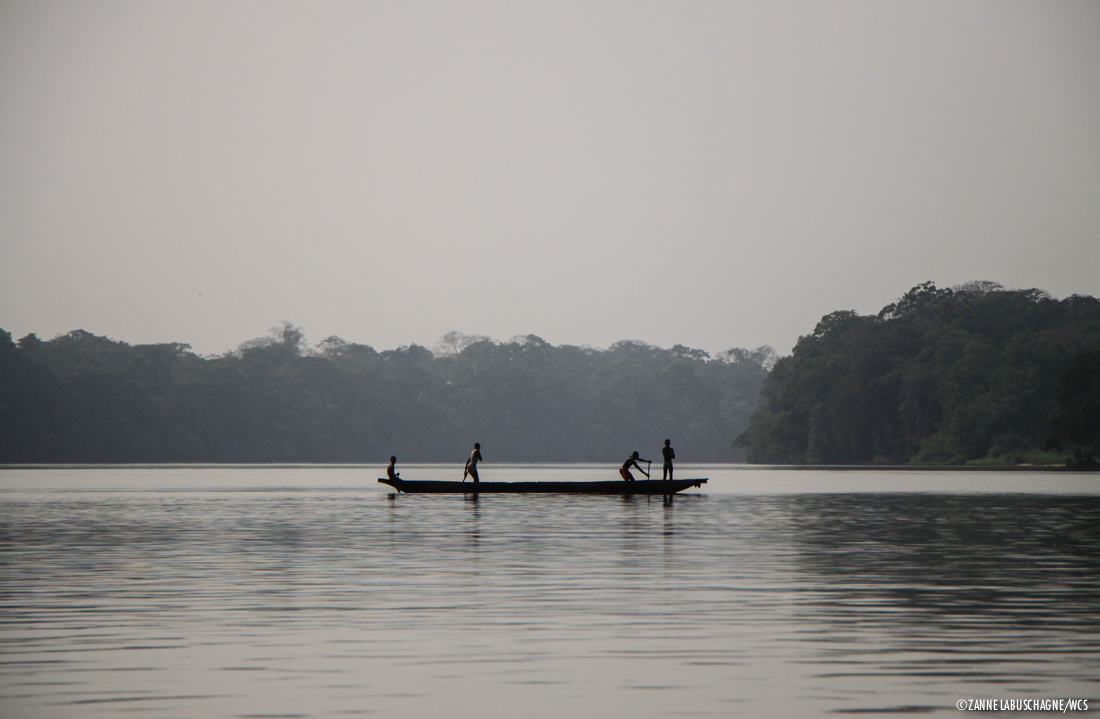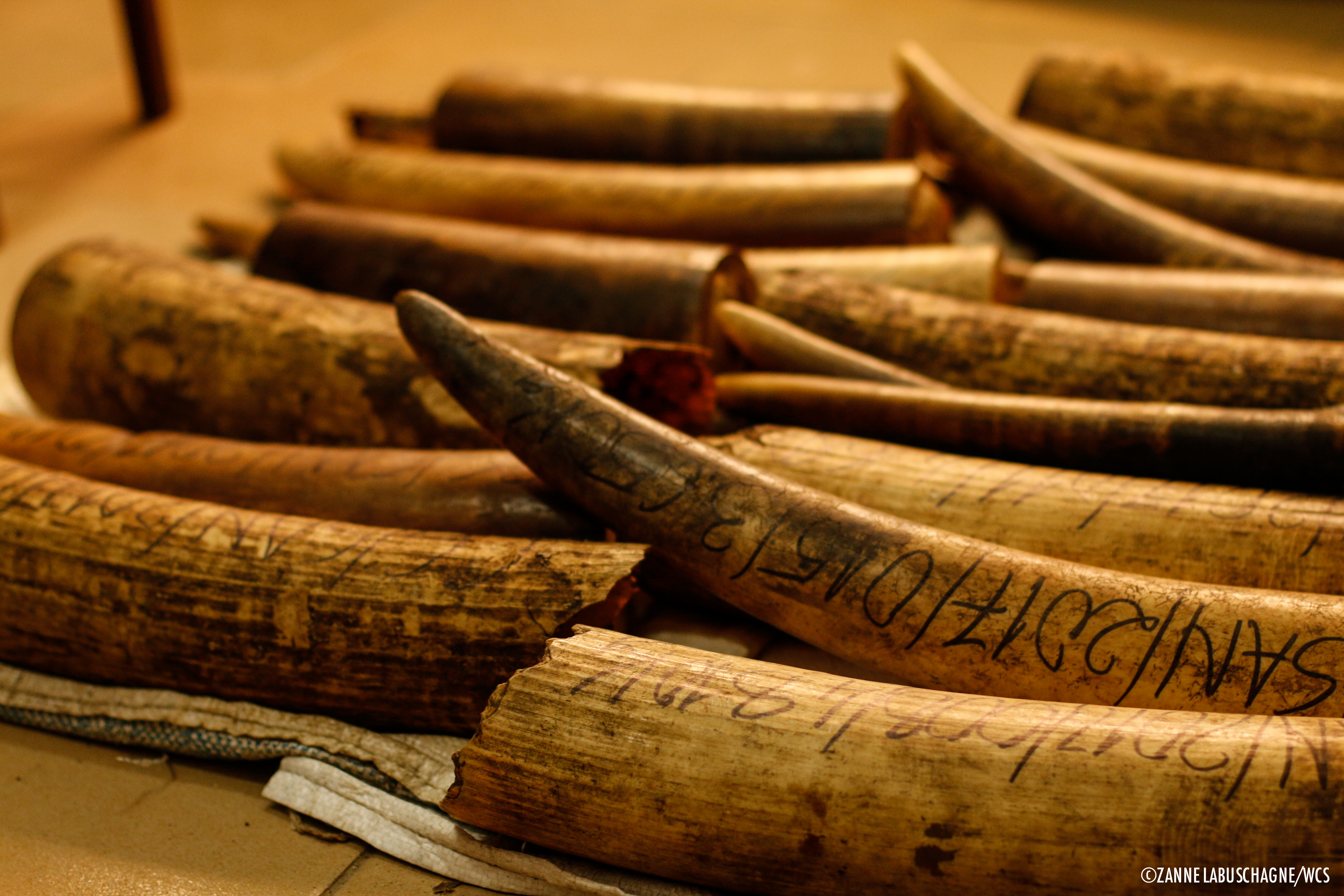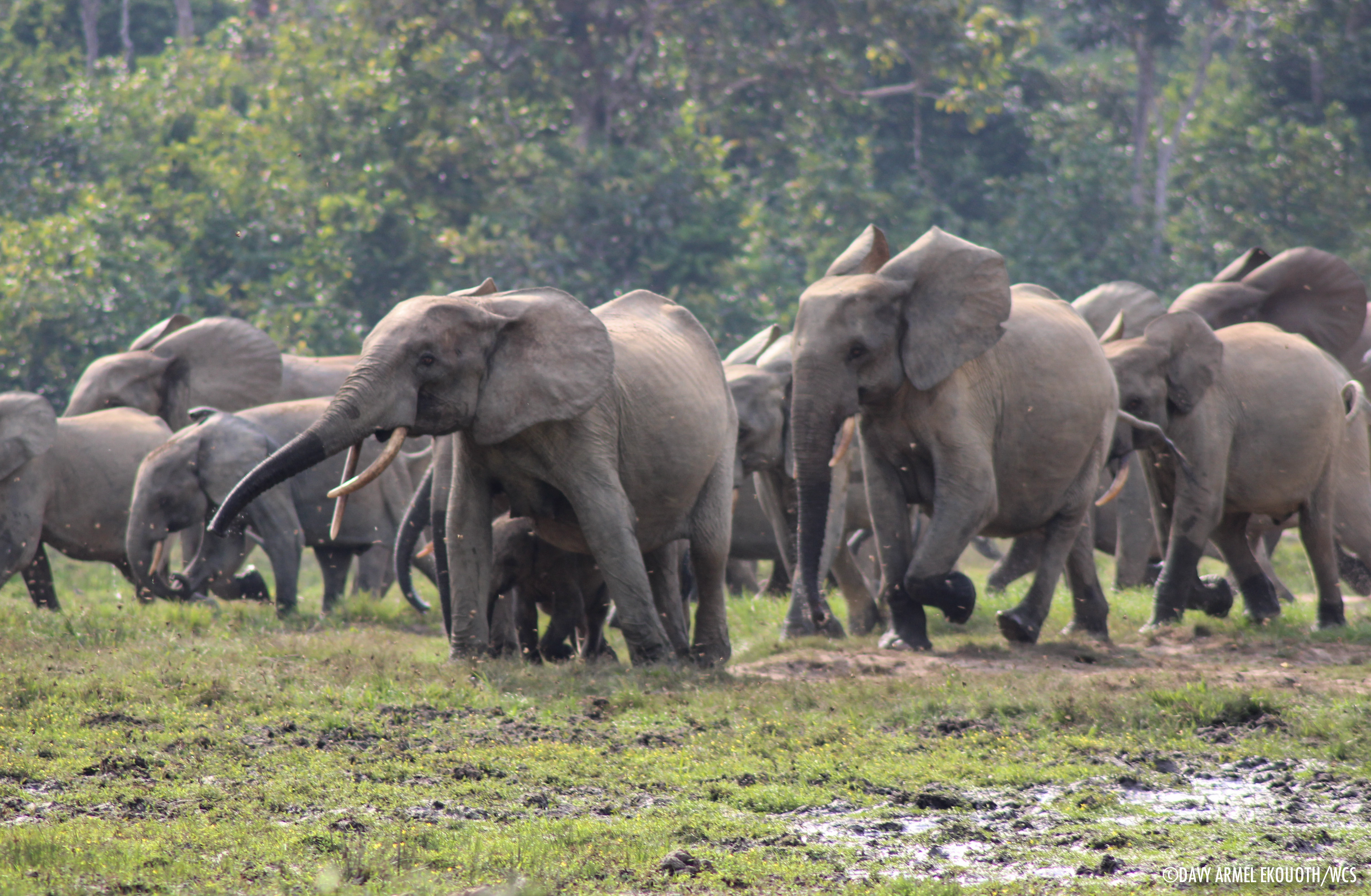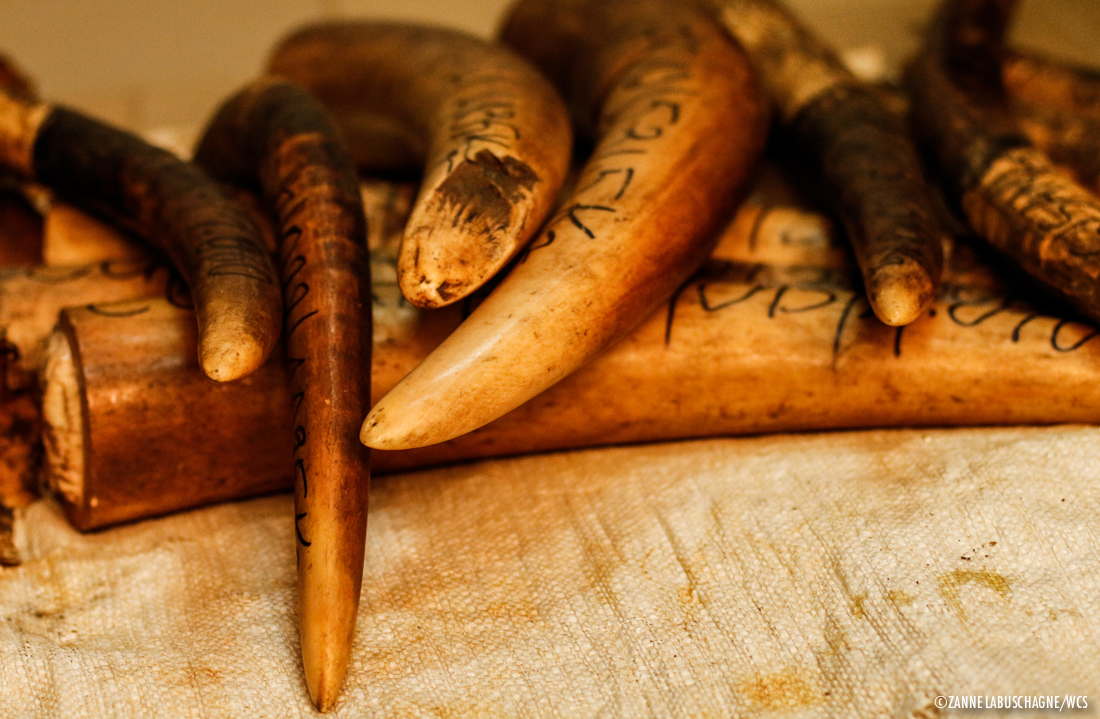Safeguarding the fish stocks of the Ndoki landscape
Fishing is an important traditional activity for the people living along the Sangha, Motaba and Ndoki Rivers, which snake along the boundary and through the Nouabale-Ndoki National Park, are traditionally fishermen. Encamped on its banks, they rely heavily on the rich fish diversity of these rivers, their tributaries and wetlands. As traditional fishing methods evolve and the human population of the area grows, coupled with increased transport and commerce of fish in urban areas far...


